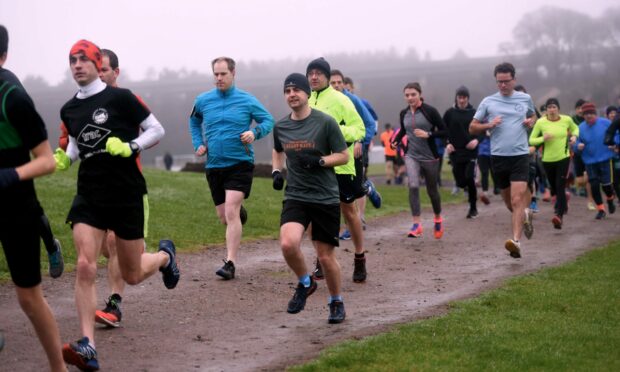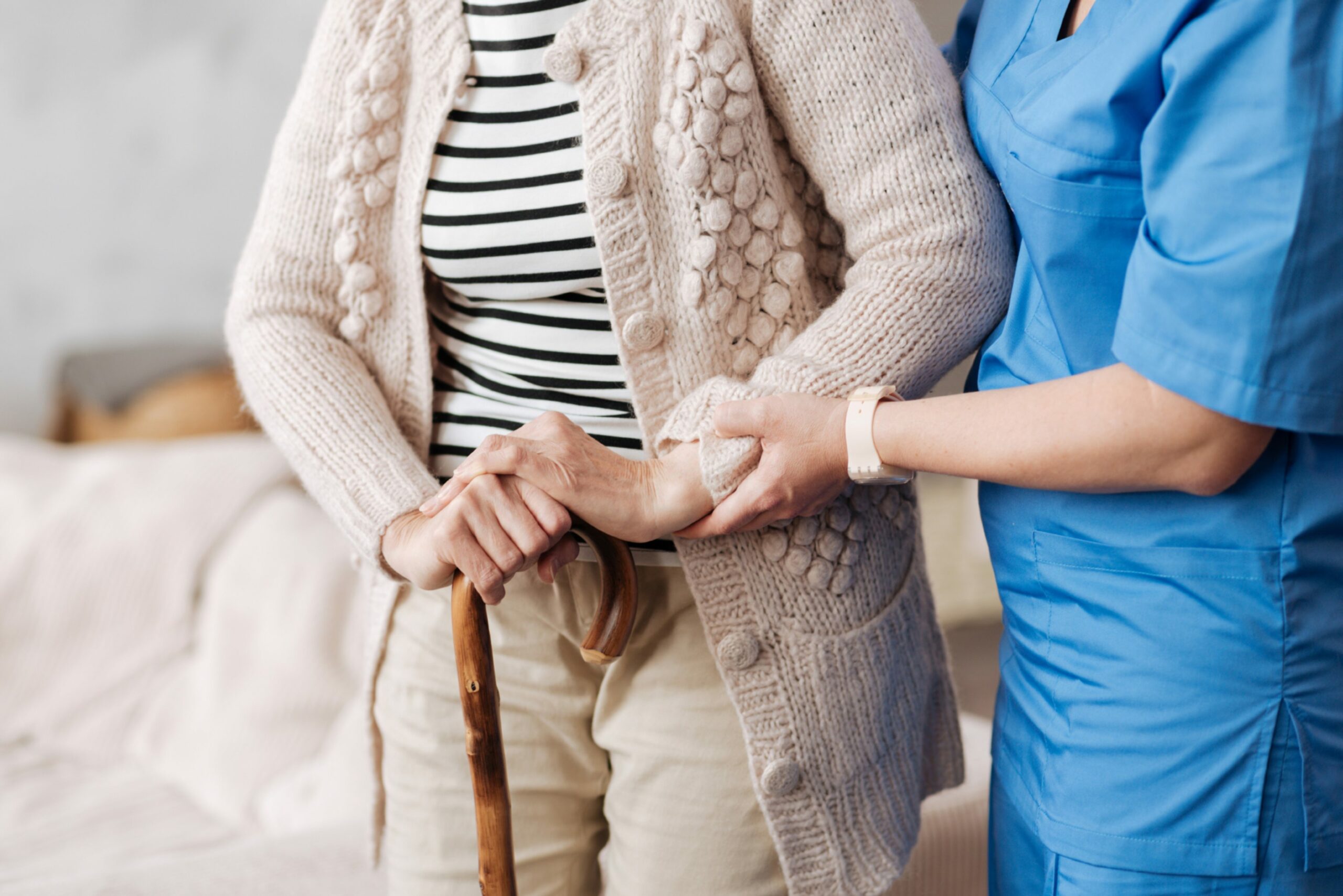GPs in Aberdeen could be encouraged to prescribe nature walks and volunteering instead of pills as part of efforts to save millions of pounds.
The city’s integration joint board says the long-lasting effects of Covid, alongside inflation and the cost-of-living crisis, are increasing the pressures on its balance sheet.
The organisation oversees Aberdeen City Health and Social Care Partnership and is jointly funded by the council and NHS Grampian.
It covers the costs of GPs and prescribing, district nurses and a raft of rehab and support services.
What’s causing the pressure?
The IJB will set its budget for 2023/24 next week and, even with £7 million in extra funding, it’s facing a £9 million black hole.
Over the next seven years, it will need to save almost £50 million.
At the moment the city has an 11% vacancy rate for GPs alongside unfilled posts in community nursing and mental health.
The city has one of the highest average property prices, which health chiefs say is increasing running costs – and hampering efforts to recruit and keep staff.
Where will the axe fall?
Budget papers for next week’s meeting of the Aberdeen IJB set out how bosses can save £9,423,000 by next April.
They’ve been split into several categories in line with the board’s overall key aims.
Caring together – budget cut by £3.1 million
The bulk of savings in this area will come from the IJB “reshaping” its approach to commissioning services.
As it stands, the “vast majority” of the city’s social care is delivered externally at a cost of £135 million per year.
A new board is to be set up to save £2.4 million by finding cheaper replacement services of a “better or equivalent” standard.
It will also maximise use of community facilities and consider new alternatives to traditional services.
A further £650,000 will be saved with a plan designed to free up time for family doctors.
This includes changes to the likes of vaccination programmes, moving the responsibility away from GPs towards more centralised teams.
Keeping people safe at home – cut by £600,000
All the savings here are linked to out of area placements, where people are cared for outside of the city.
One issue being looked at is getting people back home after a hospital stay, instead of other care settings.
“This is particularly relevant for those who require complex care who can often be placed in care locations outwith Aberdeen,” the papers state.
But it says this switch to home care can be “significantly expensive” and will require “careful planning”.
Preventing ill health – cut by £1.35 million
It’s hoped changes in what doctors prescribe – with a view to social remedies over medication – can save £1.35 million.
This could mean doctors telling people to try nature walks and exercise classes, or get help with the likes of debt advice, to help with poor mental health instead of immediately offering medication.
The Scottish Government says social prescribing has been shown to boost people’s confidence and reduce isolation, giving them a way to self-manage poor mental health, for example.
Local co-ordinators will work in “priority areas” with a focus on early intervention and prevention.
The papers say the majority of savings in this section here will come from “seeking alternatives to medicines” and stopping the prescription of drugs which are proven to have “little clinical value”.
Other areas – cuts totalling £3.4 million
A new approach to vacancies could claw back £600,000. Bosses plan to take another look at the empty posts and reconsider if they need filled.
Meanwhile, a further £1.9 million will come from clearing a “backlog” in the likes of invoices they’re waiting to have paid.
The remainder of this total will be saved with a redesign of services, with a view to cutting costs wherever possible. But the IJB says the savings here are being underwritten from its reserves to provide some extra cushioning.
Members of the IJB will meet next Tuesday and are being recommended to approve these measures.



Conversation